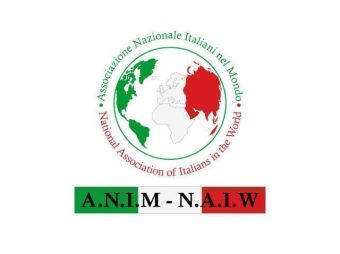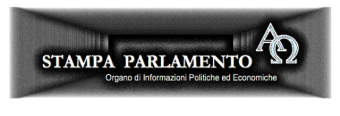
CHAOS IN VENEZUELA
Venezuela may have reversed the ruling that stripped the National Assembly of its legislative powers, but that does not mean democracy has been restored.
In the December 2015 elections, after 17 years of so-called hyper inflation hyperinflation “revolution”, the opposition coalition won 112 seats in the 167-seat National Assembly, while the pro-government party retained 55 seats. The ballot had a turnout of 74.17%, and was organised by the same national electoral council (CNE) that had overseen previous elections won by the government party. There was no doubt, then, that the vote was fair and that the opposition had received a clear mandate for change.
However, every single law approved since then by the National Assembly has been blocked by the government of president Nicolás Maduro and by his cronies in the supreme court. On multiple occasions, opposition legislators
Venezuelan consumer prices rose 700 percent while the economy contracted by 18.6 percent, according to preliminary central bank figures seen by Reuters, the sharpest contraction in 13 years and the worst inflation reading on record.
The extended slump in oil prices has turned the OPEC nation’s once-prosperous oil-boom economy into a mirror of the latter day Soviet Union, with rampant product shortages leading leaving to skip meals and wait hours in food lines.
Venezuela’s opposition-led congress has started publishing the country’s inflation rate based on its own data collection, as the government of President Nicolas Maduro remains silent about the crisis-stricken nation’s soaring consumer prices. Venezuela’s economy has been in free fall since the 2014 collapse of oil prices, which left the socialist economic system unable to maintain an elaborate system of subsidies and price controls that functioned during the oil boom years. Consumers can sometimes obtain basic goods at low-cost prices by waiting for hours in supermarket lines but increasingly have to buy such goods from smugglers on informal markets for more than 10 times the officially mandated prices.
Scuffles broke out between police and opposition lawmakers who were protesting outside Venezuela’s Food Ministry to underscore shortages in crisis-wracked country Venezuelan president Nicolás Maduro has appealed to his Colombian counterpart, Juan Manuel Santos, to help resuscitate dialogue in Venezuela and avoid international sanctions such as the implementation of the Inter-American Democratic Charter. The Central Bank of Venezuela (BCV) experienced a 32.78% fall in the country’s foreign reserves at the close of 2016. gold
Venezuela lopped off three zeros when it replaced its old currency in January 2008. The arrival of new banknotes on December 18 shows the government is committed to putting those zeros back on. The newest denomination, 500 bolívares, will soon be joined by 1,000, 2,000, 5,000, 10,000, and 20,000 bolívares notes. Higher denominations are supposed to help Venezuelans deal with rising prices. But it isn’t new notes that hard-working Venezuelans need; it’s a new money. Destroying a currency in less than a decade is no small task. And, yet, that is exactly what Venezuela has done. A 100 bolívares note—the largest denomination in circulation before the new notes arrived last month—could be used to purchase more than 50 liters of milk in 2008. Today, with black market exchange rates at more than 1,500 bolívares/USD, it takes roughly 18 of those notes to buy a single liter. The new 500 bolívares note will not even buy a cup of coffee in Caracas. Indeed, the value of notes in circulation is so low that shopkeepers weigh out piles of cash rather than trying to count it.
After the National Assembly’s decision, the Supreme Court ruled that Mr Maduro was allowed to deliver his annual report to the judges. Why you need sackfuls of banknotes to shop in Venezuela What is behind the crisis in Venezuela?
The country with the world’s largest crude reserves receives over 90 percent of its foreign income from oil, whose price has fallen since mid-2014, worsening a recession in the OPEC country. Venezuela money cash forex “foreign exchange” “change money” savings bank banking consumer sale shopping work salary worth business “interest rate” economy collapse oil “oil price” supermarket food “food storage” “emergency supplies” prepare usd “Foreign Exchange Rates” currency poverty poor 2017 2018 entertainment trends “elite nwo agneda” health economy new world order coup end game leader leadership alex jones illuminati fiat currency cashless society india bitcoin price Venezuelans are struggling amid shortages of basic food products, spiraling inflation and a depreciating currency that has dragged down monthly minimum wages to below $10 bitcoin jim rogers






 Attendere un attimo...
Attendere un attimo...


